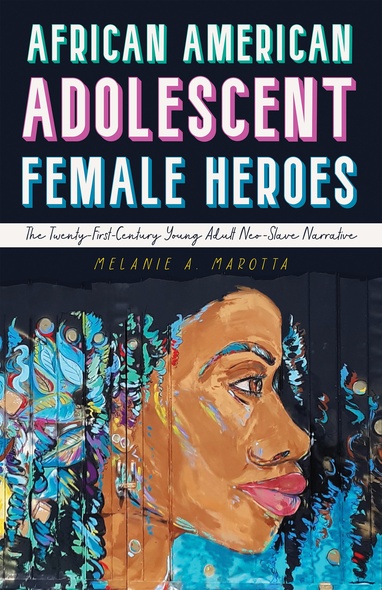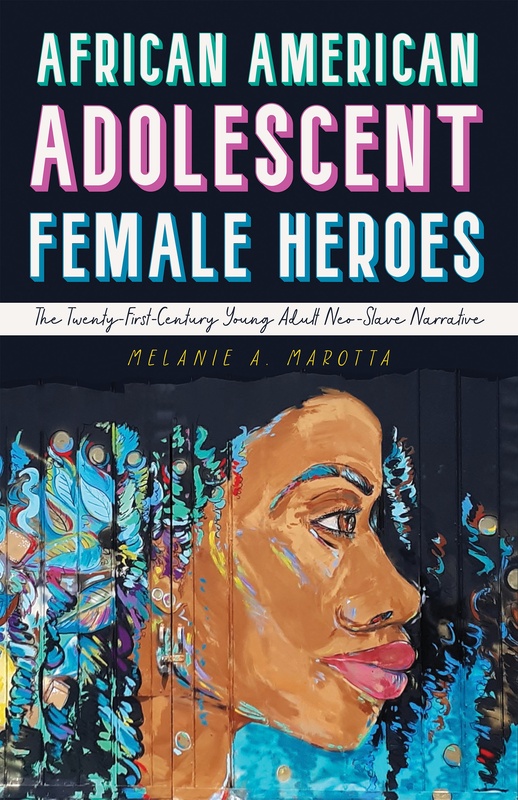Our shopping cart is currently down. To place an order, please contact our distributor, UTP Distribution, directly at utpbooks@utpress.utoronto.ca.

African American Adolescent Female Heroes
The Twenty-First-Century Young Adult Neo-Slave Narrative
In the wake of the second wave of the Black Lives Matter movement, inequalities and disparities were brought to light across the publishing industry. The need for more diverse, representative young adult literature gained new traction, resulting in an influx of young adult speculative fiction featuring African American young women. While the #BlackGirlMagic movement inspired a wave of positive African American female heroes in young adult fiction, it is still important to acknowledge the history and legacy of enslavement in America and their impact on literature. Many of the depictions of young Black women in contemporary speculative fiction still rely on stereotypical representations rooted in American enslavement.
African American Adolescent FemaleHeroes: The Twenty-First-Century Young Adult Neo-Slave Narrative investigates the application of the neo-slave narrative structure to the twenty-first-century young adult text. Author Melanie A. Marotta examines texts featuring a female, adolescent protagonist of color, including Orleans, Tankborn, The Book of Phoenix, Binti, and The Black God’s Drums, as well as series like the Devil’s Wake series, Octavia E. Butler’s Parable series, and the Dread Nation series. Taken together, these chapters seek to analyze whether the roles for adolescent female characters of color are changing or whether they remain re-creations of traditional slave narrative roles. Further, the chapters explore if trauma, healing, and activism are enacted in this genre.
For readers of YA science fiction novels that feature young Black adolescent protagonists, Marotta’s premise is astute. African American Adolescent Female Heroes: The Twenty-First-Century Young Adult Neo-Slave Narrative speaks to the need for a reading of protagonists that takes into consideration gender identity, ethnicity, and age to recognize the significance of the protagonists’ trauma, healing, and activism.
With the recent stress on diverse voices in children’s and young adult literature, African American Adolescent Female Heroes: The Twenty-First-Century Young Adult Neo-Slave Narrative provides an important intervention in science fiction studies, as it speaks to the female African American experience, an underserved audience generally and specifically within this genre.
Melanie A. Marotta is a lecturer in the Department of English and Language Arts at Morgan State University. Marotta’s research focuses on American literature, particularly African American literature, young adult literature, the American West, science fiction, and ecocriticism.




